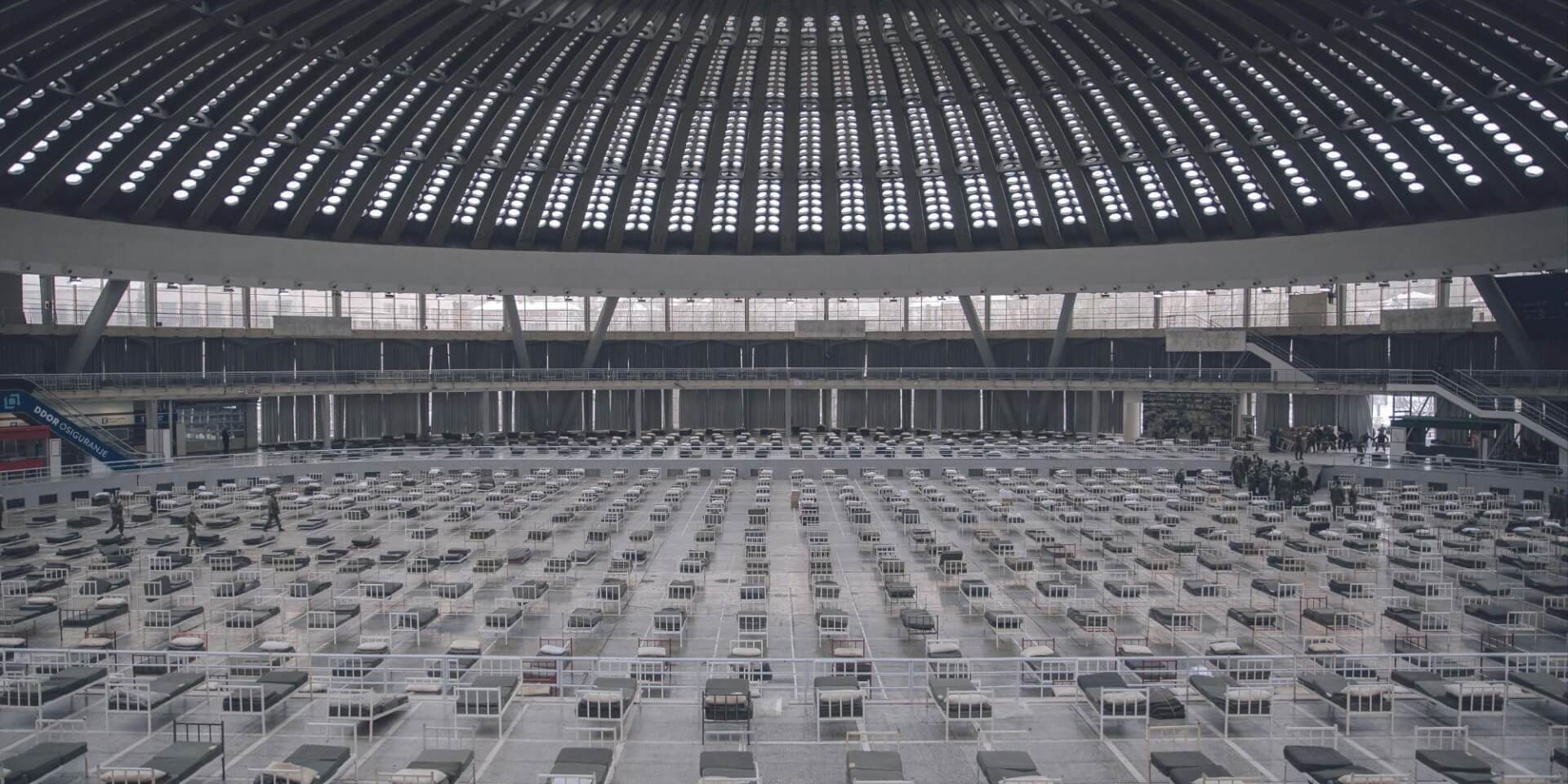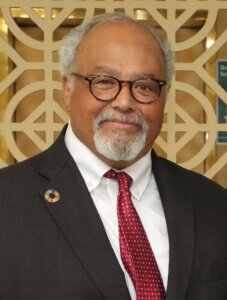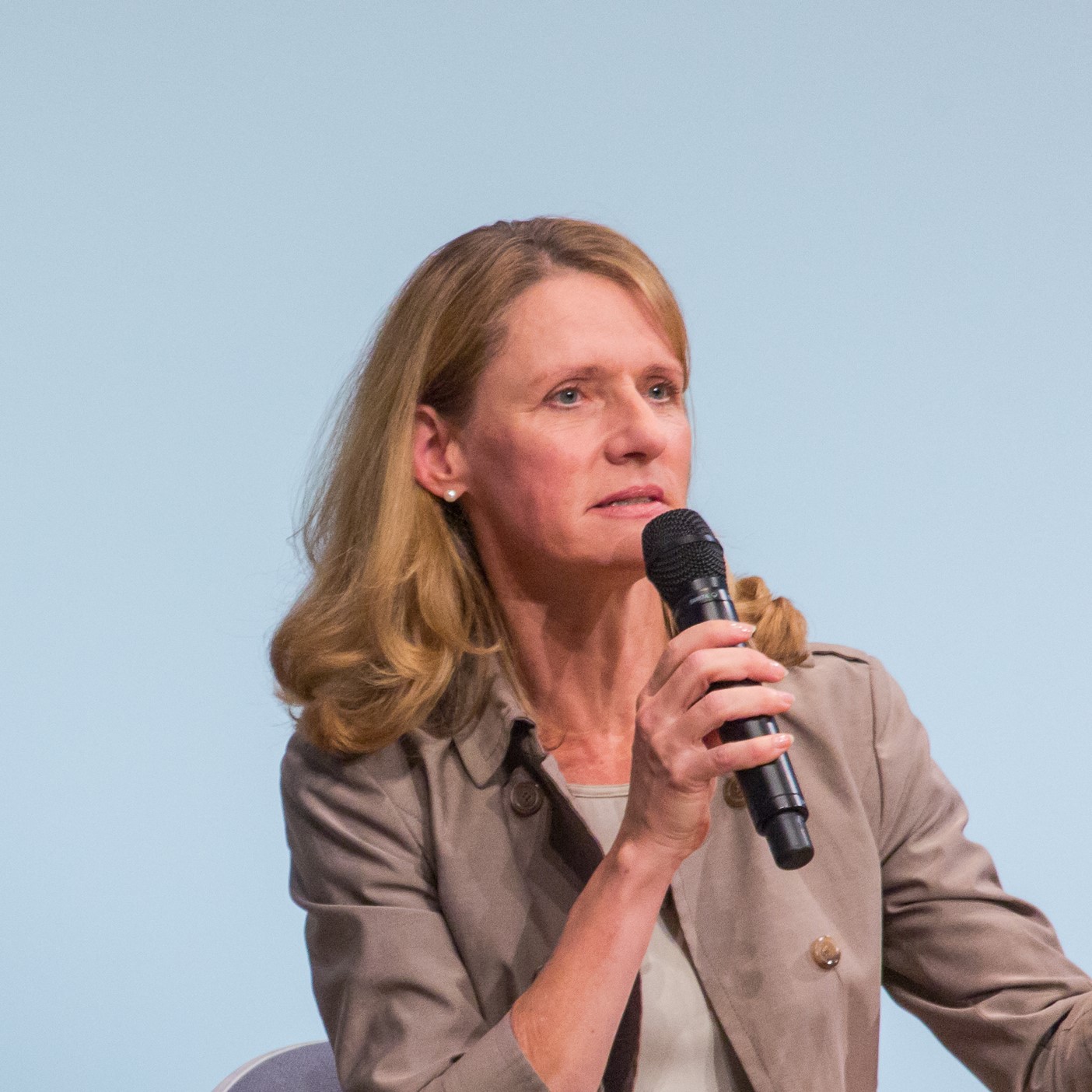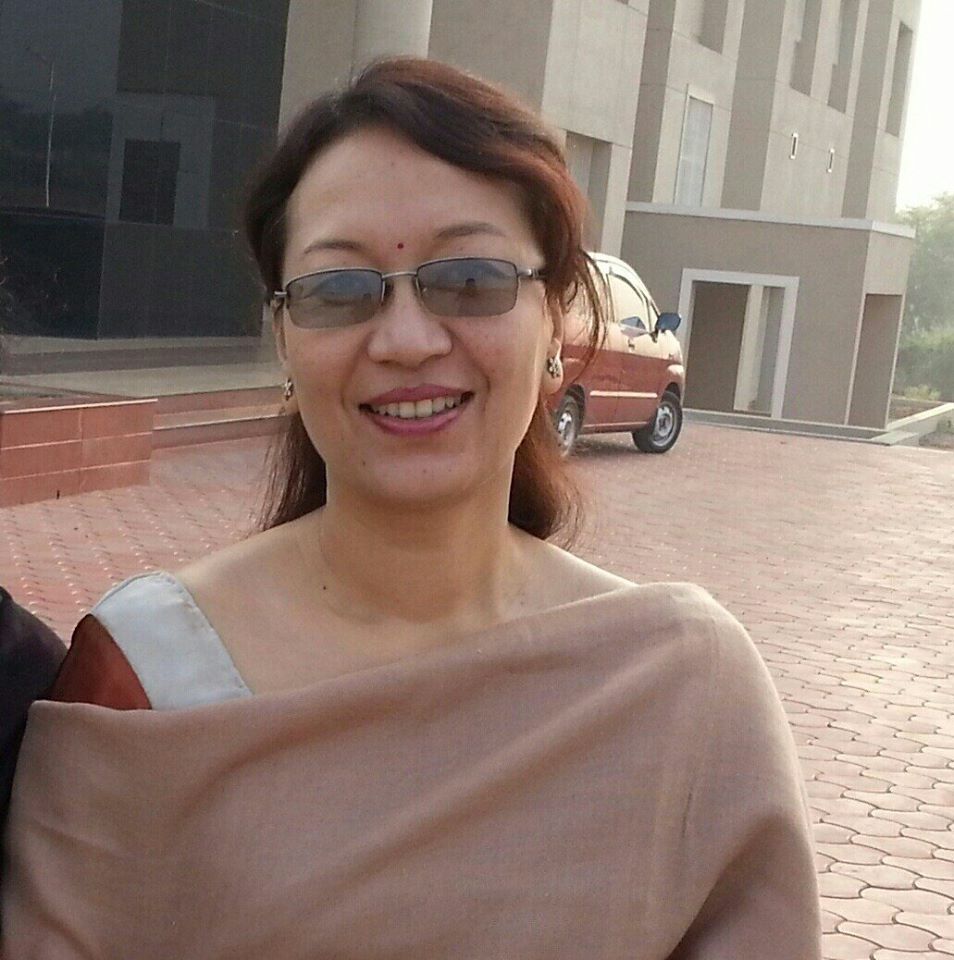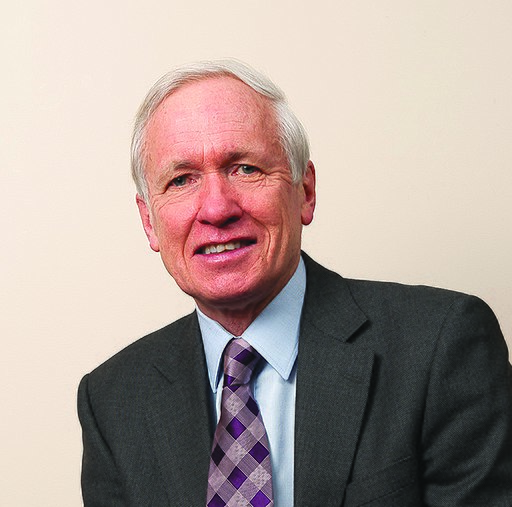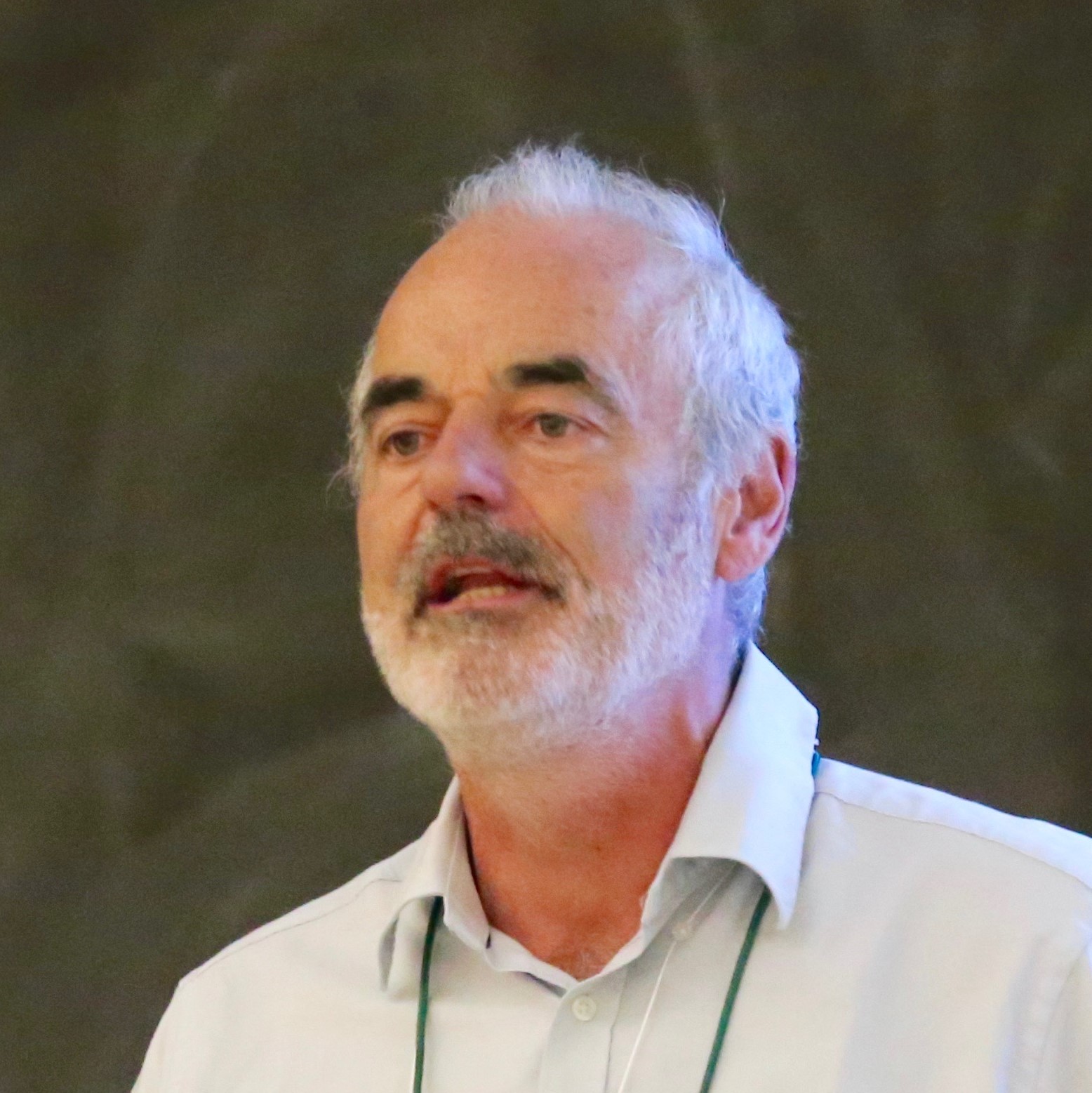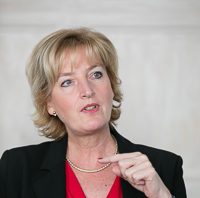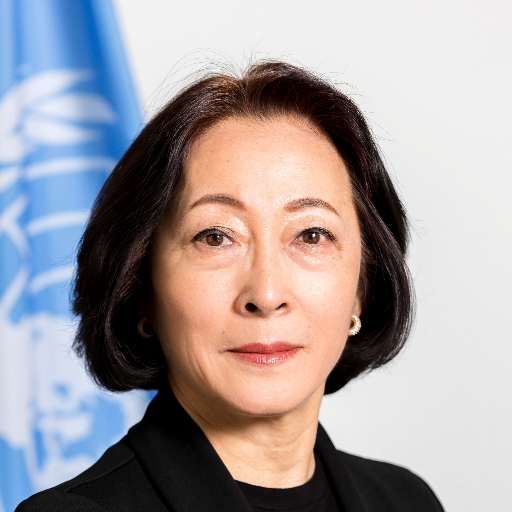For much of the early stages of the COVID-19 pandemic, policy-makers and the public focused on the immediate health crisis, and the promise of ending it through vaccine development.
With the short-term needs of the ongoing healthcare emergency demanding so much attention, the pandemic’s many other consequences were less studied. Early during the pandemic, the ISC identified the importance of exploring these other facets, aiming to understand how decisions made by governments and individuals could drive more positive or negative outcomes. To that end, the COVID-19 Outcome Scenarios project aimed to provide facts and analysis to policy-makers and citizens to help inform better decision-making.
